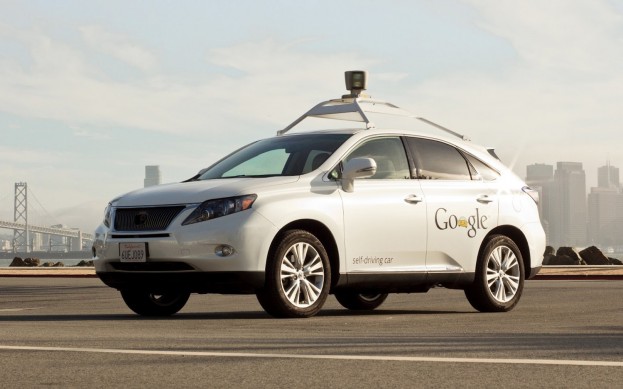Autonomous cars face legal hurdles in the future

We do our best to talk about current research into driving technologies so that we can see what the future holds for us, and one of these technologies that we look at on a constant basis, is autonomous vehicle technology.
It appears that fully autonomous vehicles are waiting for us in the not too distant future, and the concept is quite feasible even with today’s technical and technological capabilities. There is sufficient proof for this in the many self-driving cars that are currently undergoing rigorous testing all around the world, some of them reaching the point where they can be tested on public roads.
The dream is to have a care-free travel experience where you don’t have to keep your eyes on the road at all times, because you’ll still be completely liable for any injuries that you might incur in the case of a mishap.
The thing is, if smart cars are to have an actual role in society, then they will have to be capable of fulfilling our expectations, which means that they cannot be held back by laws which were designed with human drivers in mind.
By ‘our expectations’ we basically mean that future autonomous vehicles should be capable of taking a sleeping driver to his or her destination in complete safety.
This is where the legal side of the problem comes to the forefront, because current laws pose serious problems to the existence of future autonomous vehicles. The current laws have to be changed in order for such vehicles to be possible, especially the laws related to manufacturer liability and insurance.
This might prove to be the biggest hurdle that autonomous vehicles have to jump over, because the current laws are not applicable if a car has no driver in the diver’s seat.
















